This is the second part of a six-part series counting down the 53 greatest movies of the 21st century (so far). The previous chapter can be found here. The next chapter will publish between Christmas and New Years. Enjoy!
- Nightcrawler (2014)
I like to say that if you’re seeing me, you’re having the worst day of your life.
Writer, director Dan Gilroy’s masterpiece is actually a vampire movie.
In a perfect performance that is both creepy and charismatic, Jake Gyllenhaal is Louis Bloom, a monster who feeds off others by night. When we first meet him, he’s like a vampire surviving off rats and pigeons; a pathetic petty thief who steals scrap iron and sells it for pennies. There has to be a better way to feed.
Prowling the Los Angeles freeways one night, he comes across that better way as a Nightcrawler. Thanks to a public that delights in such things over their morning coffee, Bloom can feast off real blood, off women’s screams, and off the broken lives found in urban, overnight tragedy. His mercenary learning curve is almost supernatural as he exploits scene after scene of human misery, as he sucks tragedy white with a video camera.
Bloom’s Renfeld is Rick (a superb Riz Ahmed), his Vampire Queen is Nina (a just as superb Rene Russo), and God help anyone who gets in his way.
This is a little off-topic, but having lived in Los Angeles for nine years, I can tell you without hesitation that no movie has ever captured the look and feel of that one-story ghetto better. From the non-view outside Louis’s apartment window, to the sound of those morning newscasts, to the unrelenting hum of the freeways. Los Angeles is a desert defiled by asphalt, parking lots, strip malls, and millions of people squeezed together into ugly apartment buildings. Nightcrawler comes down from the Hollywood Hills to capture truth.
- Whiplash (2014)
There are no two words in the English language more harmful than “good job.”
One of the most courageous movies of the 21st century dares to remind the snowflakes that this hideous, everybody-gets-a-trophy culture of ours is a violation of the human spirit, a profane violation that sentences greatness to mediocrity and the rest of us to the jazz CDs sold at Starbucks.
As Terence Fletcher, the music instructor on a merciless hunt for the next Charlie Parker, J.K. Simmons is beyond brilliant and took home an Oscar. As Andrew Neiman, the kid who wants to be Charlie Parker, Miles Teller became a star.
To me, though, it is Paul Reiser’s character that most fascinates.
Is he a caring and supportive dad to Andrew? Well, he acts like one, but I’m not buying it. Watch the movie again and keep in mind he’s a failed novelist who ended up teaching high school. Watch what this frustrated failure does to his son… How he uses hugs, sympathy, compassion, and whatever other passive-aggressive tools he has in his kit, to hold the boy back, to drag him down, to justify his own failure.
Writer, director Damien Chazelle brilliantly uses Reiser’s character as a stand-in for a decaying America where we’re repeatedly told it’s”probably for the best” if we settle for less; where potential mentors are told to shut up because “feelings” and “self esteem” and “not failing” are more important than pushing people to strive.
And since everyone cannot be great, we’re told no one should be great. We should all be marginal so no one’s feelings get hurt.
In the end, Andrew literally rejects his father’s hug. He sees it for what it is — a trap, and only then can he soar.
- Monster’s Ball (2001)
No, all I wanna hear is dirt hit that box.
There are two miraculous moments in this devastating story about two people shattered to pieces by the guilt that came with the death of their respective sons. The first is when Hank (Billy Bob Thornton) quietly places his monstrous father (Peter Boyle showing us what became of Joe in old age) in a nursing home.
The second comes at the very end, when Leticia (a searing Halle Berry) discovers Hank’s terrible lie and chooses, probably for the first time in her life, to make the wise choice of letting something go.
What a movie.
- Pain & Gain (2013)
This is still a true story.
Many a critic blasted director Michael Bay’s masterpiece as too cynical and every bit as steroidal as the four central characters.
Well, that’s the point, ya’ stupes.
If you want to understand what Bay is trying to say, stop looking at what he ridicules; look instead at the one thing he embraces.
Danny (Mark Wahlberg), Adrian (Anthony Mackie), and Paul (Dwayne Johnson) have been taught by this sick culture of ours that patriotism is stuff, that sin is body fat, that the church pew is a riding lawn mower, that church itself is held in a McMansion, and who you are is not about what you do but what you own.
To save their impoverished, patriotic souls, these three idiots kidnap one of their own, another sick prick, but one with money, and they torture him until he signs it all over.
The police are useless and incompetent. The health care industry preys on us. The church just wants to have sex with us. The TV keeps screaming YOU DESERVE MORE to sell us its useless shit. Pretty girls are bottomless black holes of manipulation and want. Countless Americans, who have everything, squander the one thing you cannot buy more of — time — to feed their narcissism in gyms and tanning salons.
We have it all, Bay says, and still we choose to be gerbils in a gerbil wheel of stupidity because something as shallow and meaningless as The Culture tells us to.
Bay can’t stop laughing at us… But…
Keep your eye on Ed Du Bois (Ed Harris). He’s the only thing Bay respects, a self-made man who embraced the family tradition of self-made men, the one who comes home to his age-appropriate wife, the one made restless in retirement by golf and fishing because he prefers to solve crimes, i.e., to help others — even a miserable prick like Victor (Tony Shalhoub) who can’t afford to pay him.
Ed Dubois and his lovely wife might be the only people left in this country who have picked the lock of happiness: keep your head down, work hard, help others, be grateful for what you have, and turn off that goddamned TV.
In his hilariously shocking, Goodfellas-in-Miami takedown of the 21st century’s soul-destroying idea of the American Dream, Bay nails it and us with a mirror only Ed Du Bois can stand to look into.
- Moneyball (2011)
I pay you to get on first, not to get thrown out at second.
A movie about the greatest thing America ever created: No, not baseball… The Individual.
Brad Pitt’s Billy Beane has something more than decades of experience in the art of baseball, something better: a can-do spirit and the courage to lift a middle finger at The Way Things Are Supposed To Be Done. Somewhere around 99 percent of society’s Billy Beanes will fail, but the one that doesn’t changes everything.
Moneyball isn’t about baseball, it’s about being your own man, it’s about not accepting circumstance and failure.
You never stop trying, especially when people start laughing at you.
- Napoleon Dynamite (2004)
What the flip was Grandma doing at the sand dunes?
Released 20 years after I spent my last day in high school, this offbeat, warmhearted gem still manages to take me back, and not just because of a soundtrack that rediscovers a couple of forgotten 80’s classics (Alphaville’s “Forever Young,” When in Rome’s “The Promise”).
Instead of looking to capture a zeitgeist, director Jared Hess, who co-wrote the script with his wife Jerusha, found something universal in the poignant, awkward, and unforgettable relationships and friendships between his central characters.
Like Wes Anderson’s Rushmore (1998), Napoleon Dynamite somehow manages to conjure unique characters and tone without ever falling into the trap so many indies surrender to: obnoxious quirk.
Everyone here is wonderful, but a special shout-out to Jon Gries as Uncle Rico, who just wants one more shot at 1982, and wants it so badly he gives that time machine a second try. We get it. We do.
Hilarious. moving, totally unique, and timeless…
- First Reformed (2017)
This journal brings me no peace. It’s self-pity, nothing more.
From my review: “The story’s final moments are not ambiguous. Director Paul Schrader says they are, even to him, but I think he’s saying that because a good storyteller is never an interpreter.
“There is simply no question that the abrupt cut to black is a peek into a godless place, the same godless place Tony Soprano was sent to. Maybe Mother Earth loves us enough to make our wishes come true in a final death dream, but what comes after is man’s greatest fear — nothing.”
- Joker (2019)
You’re so funny, Arthur.
From my review: “Joker warns us of what happens when a society is stupid enough to allow the government to control its health care; warns us that what the government giveth, the government can also taketh away. And take away from Fleck it does…
…And without his medication and with The Gun, Fleck at long last finds a way to matter.”
Joaquin Phoenix delivers a performance for the ages and director Todd Phillips announces his arrival as something much more than The Hangover guy.
- The Pledge (2001)
I made a promise, Eric. You’re old enough to remember when that meant something…
Even before we notice, director Sean Penn tells us there’s something bent about Jerry (Jack Nicholson). It’s night time and he’s in an elementary school working the case of a murdered child. Using a flashlight, he stares at the young victim’s drawing of a giant man handing a child some baby porcupines. We hear a car pass. Jerry quickly shuts off his flashlight.
Good heavens, he broke into the school.
Sean Penn has directed three exceptional movies: 1991’s The Indian Runner, 1995’s The Crossing Guard (also with Nicholson), and his masterpiece, The Pledge, a movie that explores as many universal themes as it offers one-shot appearances presented so beautifully they don’t take you out of the movie: Mickey Rourke, Helen Mirren, Lynne Redgrave, Sam Shepard, Benecio Del Toro, Patricia Clarkson, and Harry Dean Stanton.
Jerry drinks before noon and is feeling every bit of his 60 years as he heads over to one of those dreary retirement parties filled with the backslaps that are really light pushes toward obsolescence. He has a few hours left on the job when a call comes in about a murdered child. This is his chance to escape the party, his last chance to feel necessary, so he tags along and ends up swearing on a crucifix he will bring her killer to justice.
Aaron Eckhart’s insufferably arrogant detective — one of those young, swaggering, know-it-all pricks an unjust universe can never stop rewarding — closes the case with a bullshit confession. Jerry knows better and he made a pledge, and that pledge has brought him something no gold watch ever could: meaning.
So he sets out to fulfill his pledge, to save his soul… and ends up selling it.
Nicholson has never been better in a movie filled with moments of horror that have nothing to do with the murder of children — moments like the location of a little girl’s swing-set.
- Dragged Across Concrete (2018)
I’m not racist. Every Martin Luther King Day, I order a cup of dark roast.
From my review: “You see, once upon a time, in that glorious era between the original Production Code and today’s increasingly oppressive Production Code of Political Correctness, movies weren’t afraid to get real, to offer us characters in all their complexities, to reflect them through a humanist prism — flaws and all. Unlike today, though, this was not done to give insufferably pious storytellers the opportunity to virtue signal, to lecture us; it was done for the sake of art — to create the most compelling and memorable characters possible.
“That kind of artistic integrity has nearly been eradicated by the corporate conformists and fascists who seek to rule American culture, so we must pay attention to Zahler, the rare artist with that integrity and an extraordinary gift for storytelling.”
Follow John Nolte on Twitter @NolteNC. Follow his Facebook Page here.
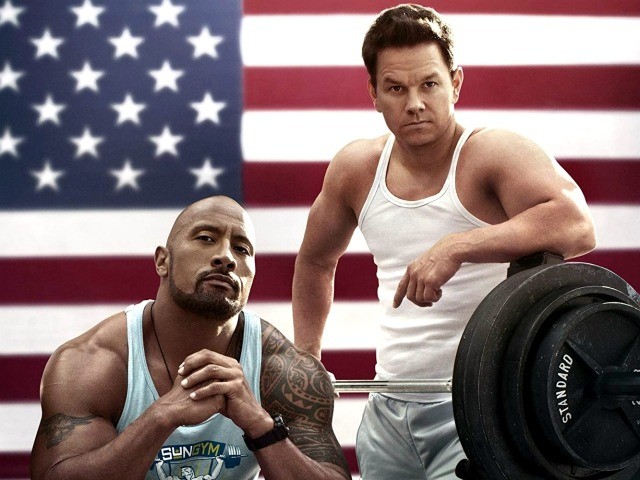

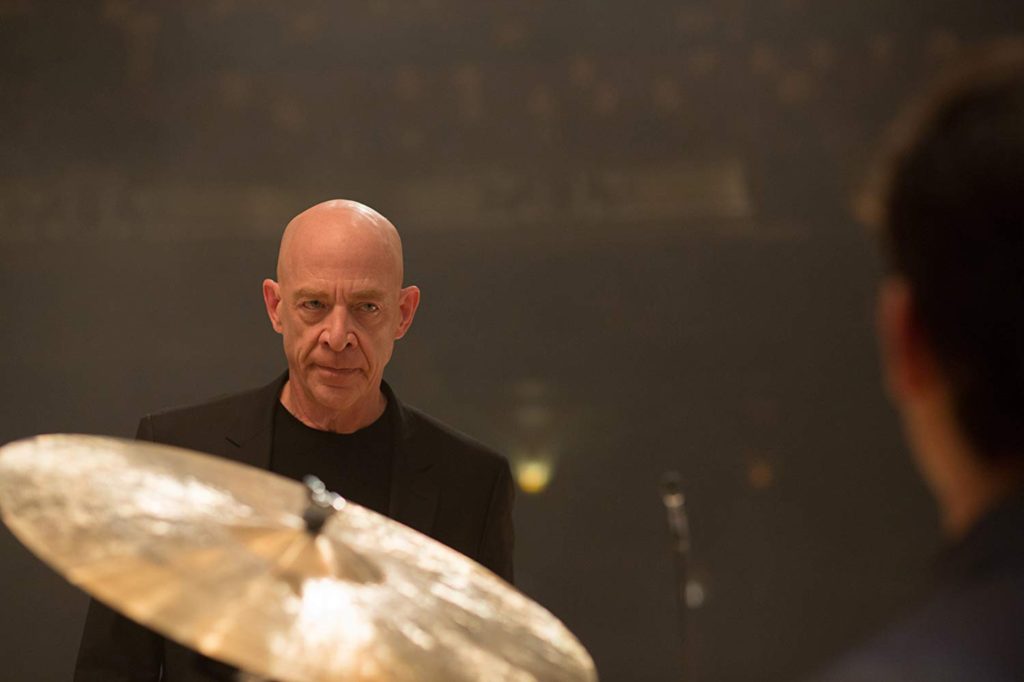
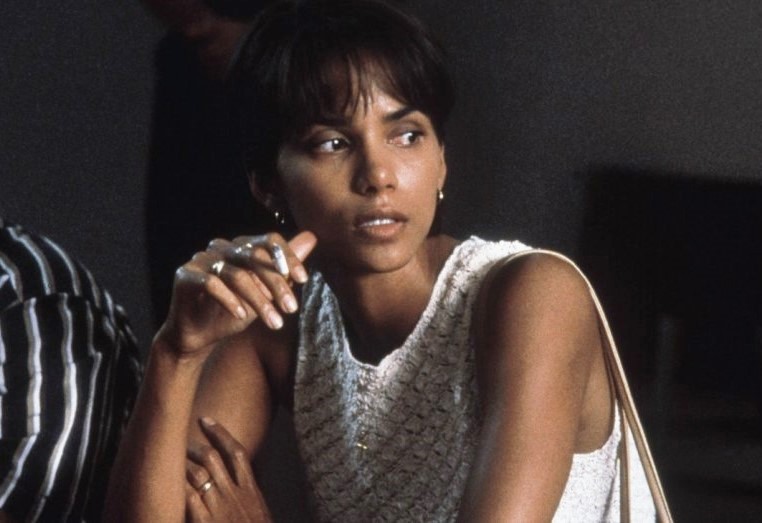
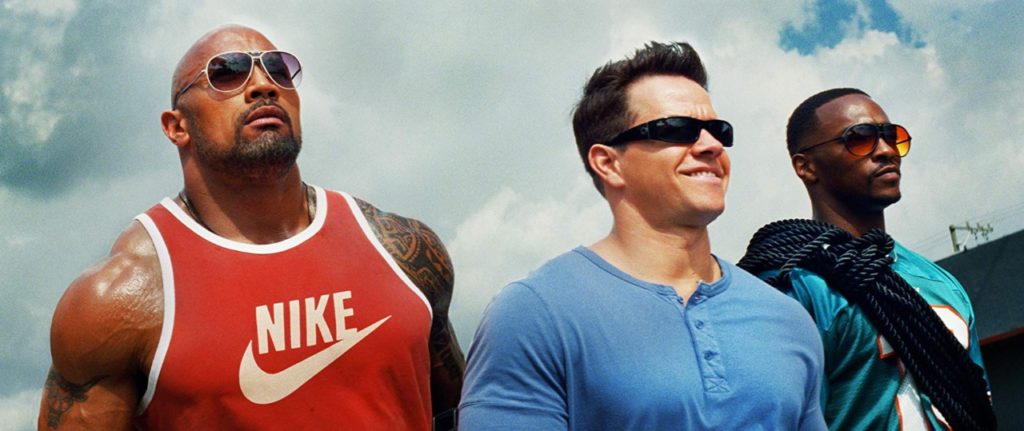
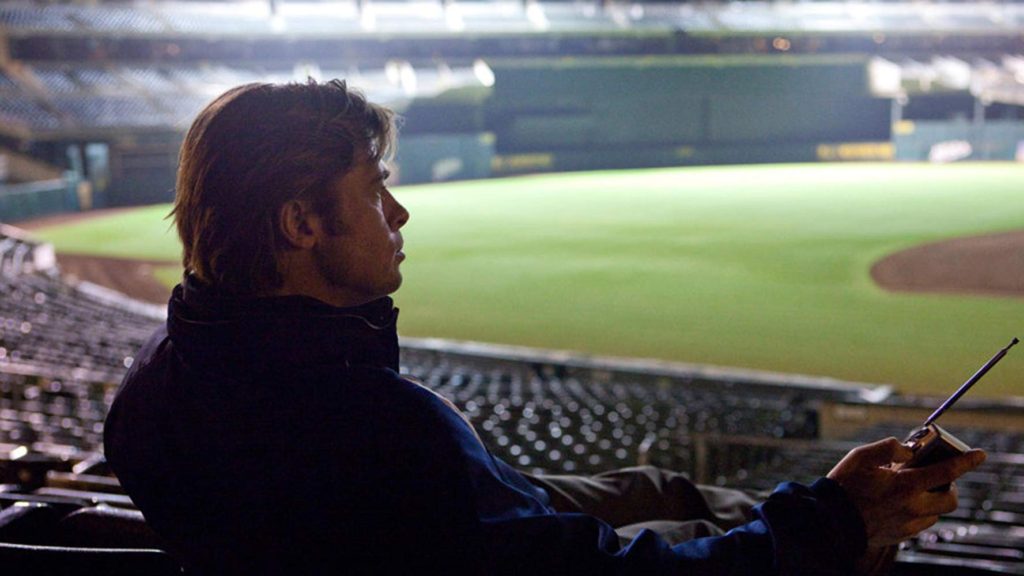
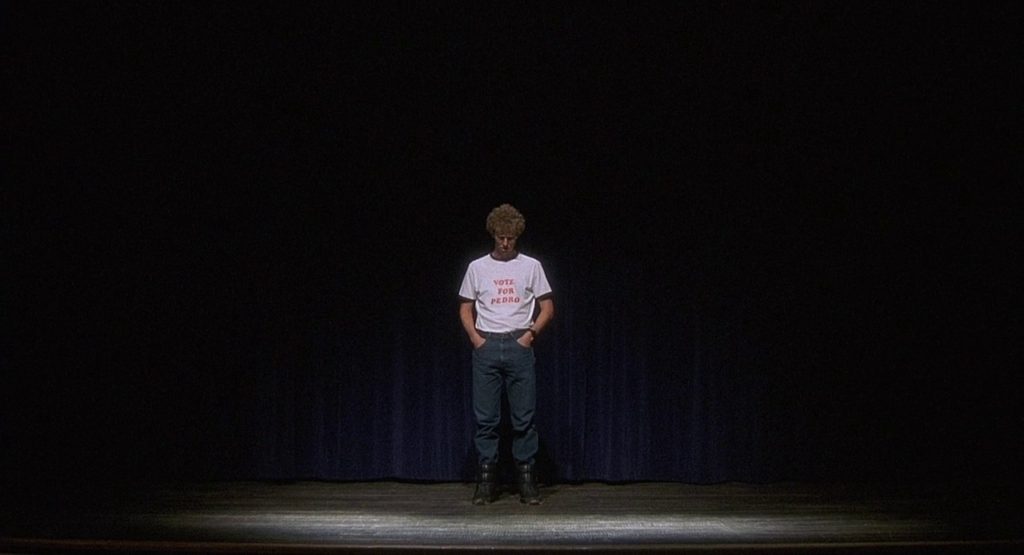
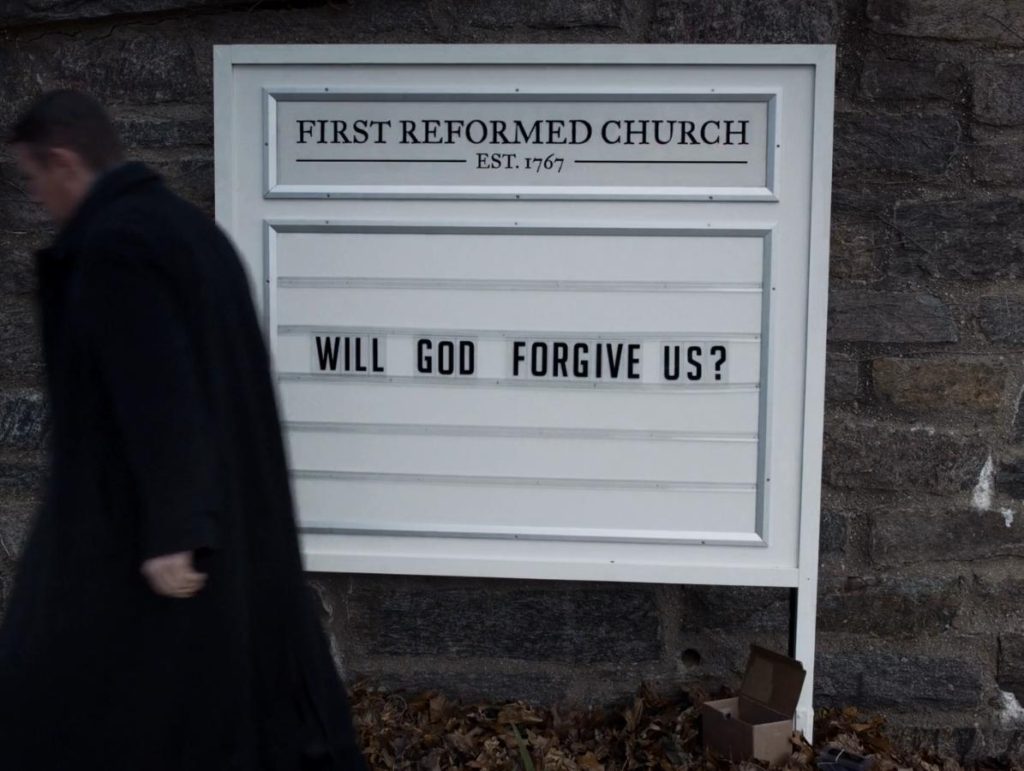
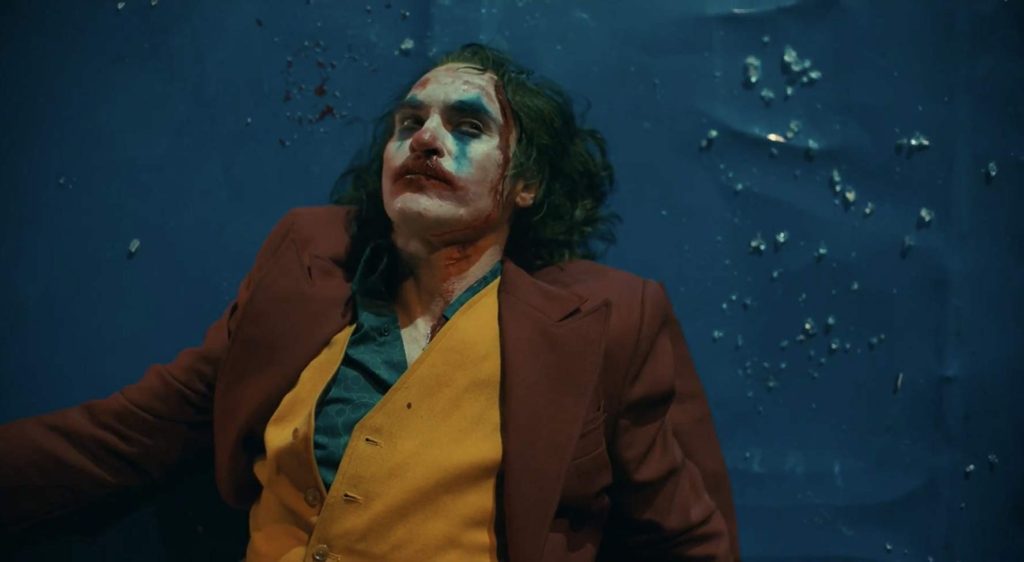
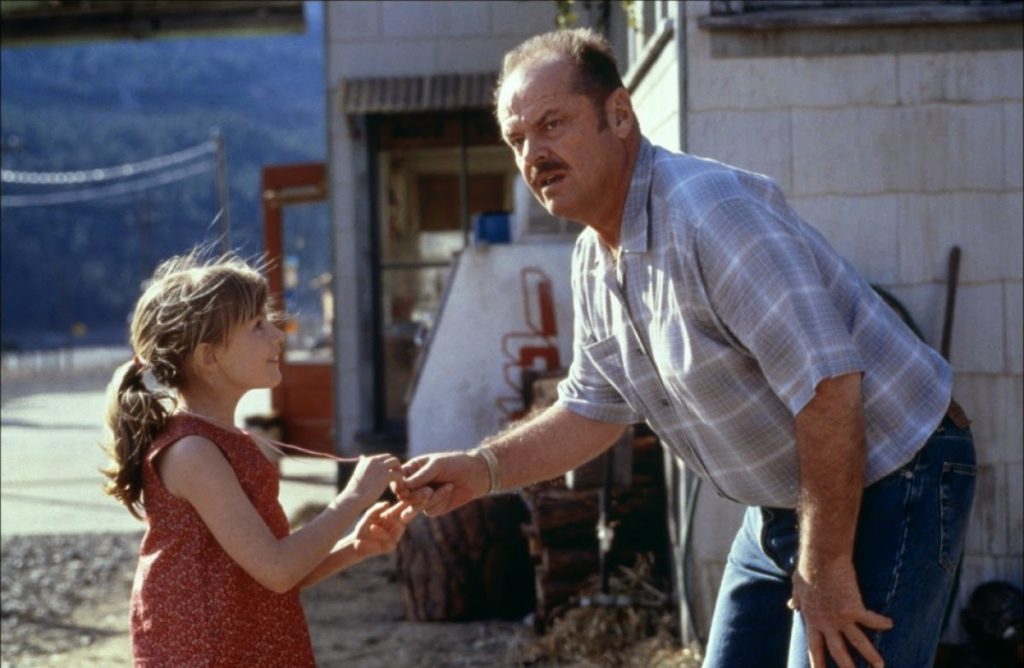
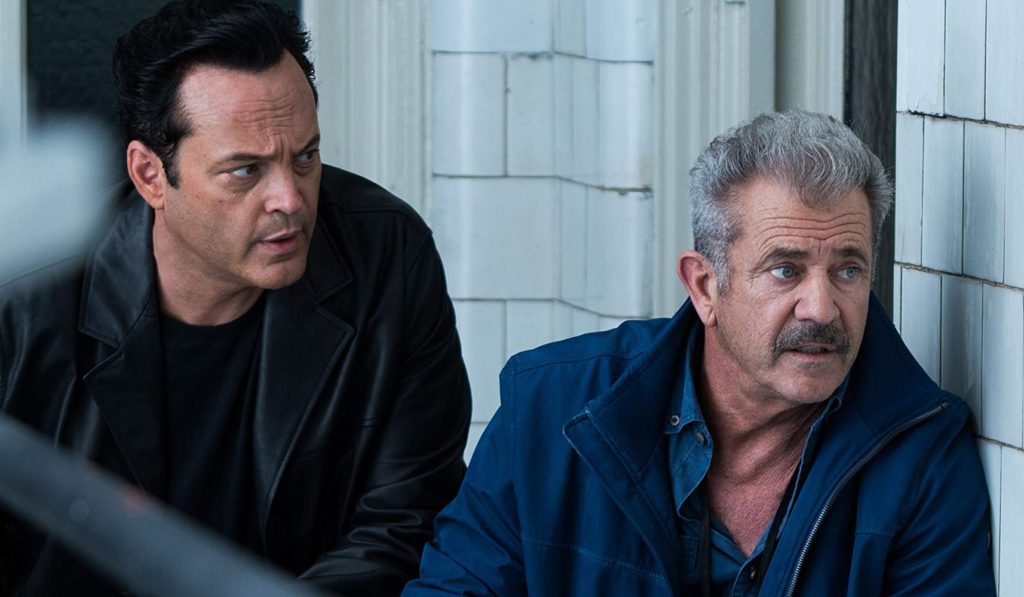
COMMENTS
Please let us know if you're having issues with commenting.